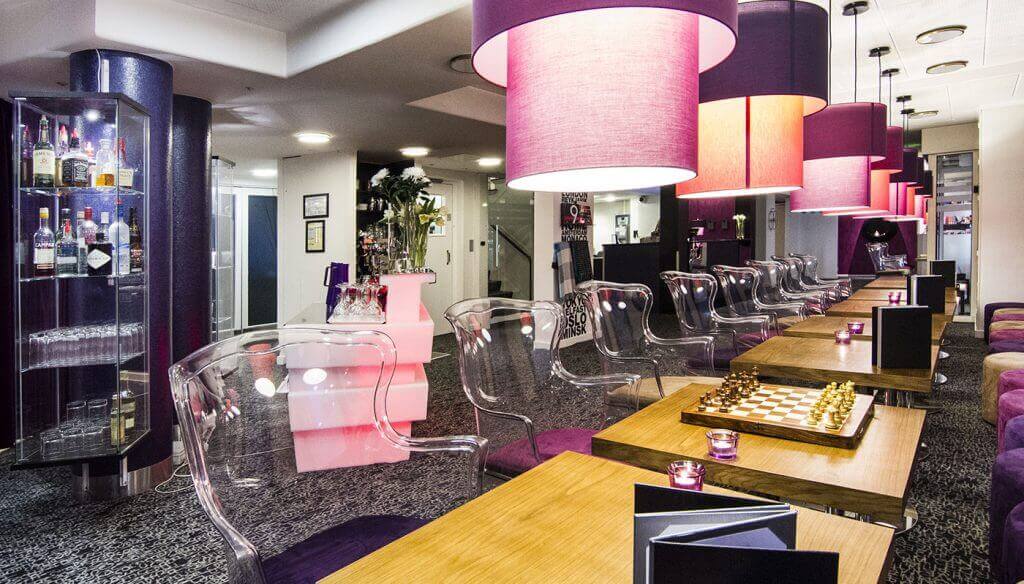
The market is poised for boutique hotels to make an impact on the hotel industry like they never have before. With an expected soft landing of the economy in 2017 (2-3 percent RevPAR growth max) it is more important than ever for independent hotels to ensure that they have proper revenue strategies in place.
Competing with the big brands for market share can sound like a herculean struggle but with execution of the proper procedures, a boutique hotel can stand apart from the crowd.
Revenue Generation
Understanding where your business comes from is the first step of proper revenue management. Millennials now make up the largest share of traveler demographics and are the biggest factor as to why independents will be performing better than in previous years.
They remain neutral regarding their opinions on branded hotels and they prefer seeking out an experience rather than staying loyal to any one particular chain. Think urban renewals and adaptive reuse of space; these factors are highly attractive to a millennial traveler because they embody elements of the surrounding area and create a unique experience.
Remember that technology plays an important role in their day-to-day lives so ensure your Wi-Fi systems have enough bandwidth to meet their demands. This technology is not only required in each guestroom but also in any large social gathering area that promotes a work/play environment.
With an established buyer persona, we can now look at your ideal revenue mix.
Direct bookings are by far the most cost effective business for boutique hotels so it is always the goal to drive business to our own booking channels. Identifying what percent of business you need from group sales, Global Distribution Systems (GDS) and Online Travel Agents (OTAs) is important to a successful revenue strategy.
Understanding the cost of all of your booking channels allows for you to properly layer in business by evaluating the effective average daily rate (ADR) and adjusting your available rates accordingly.
Set occupancy thresholds for your hotel as key indicators of when to increase your rates. The further out a guest books, the better deal they should obtain in most cases.
The worst thing you can do is to train your guests to book last minute by reducing rates or making last minute deals available.
Read rest of the article at Hotel Online




